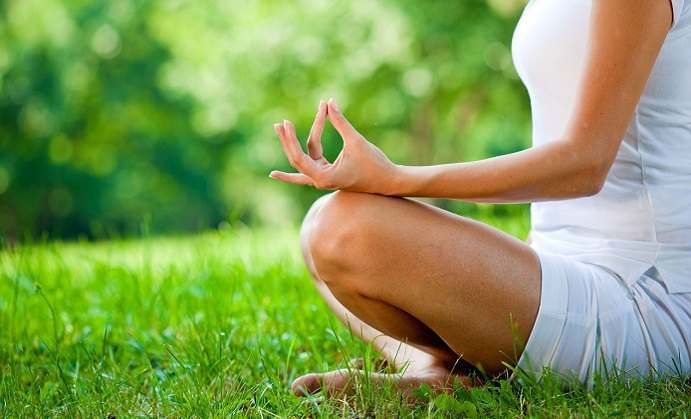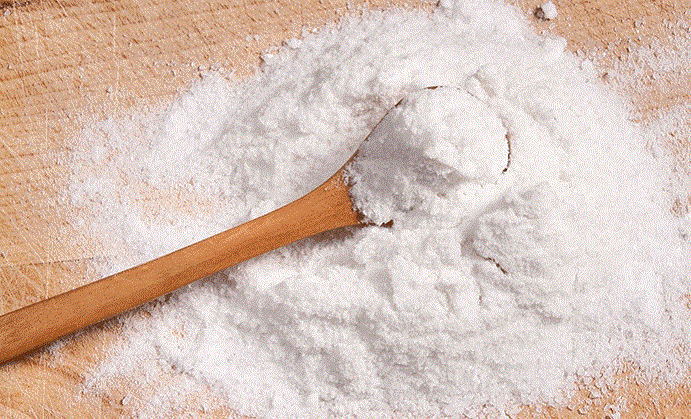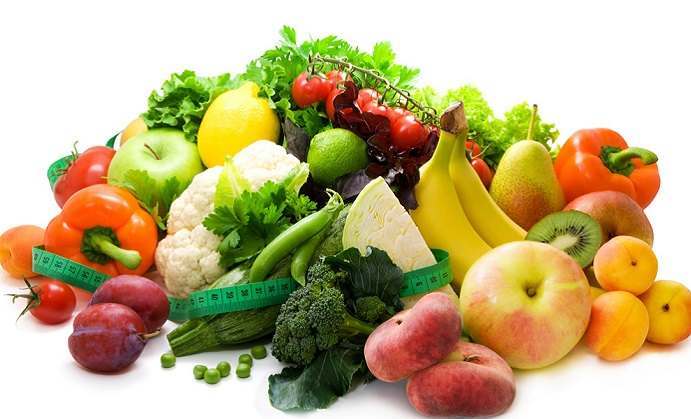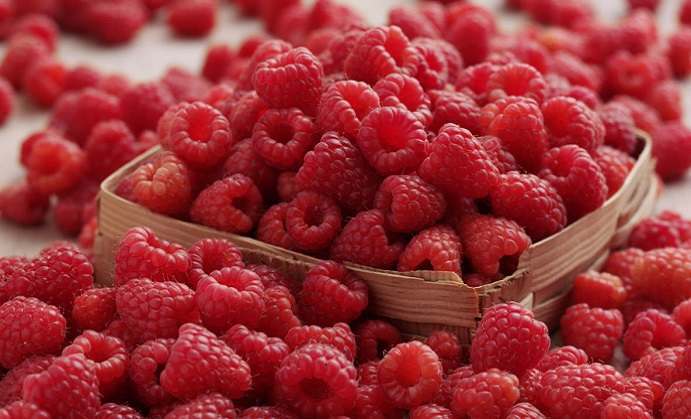The basics of diverticulosis
Diverticulosis is an illness of the colon characterized by the existence of small pouches on the surface of the organ. The condition is in no way synonymous with inflammation which is why it often times goes unnoticed. Occasionally, diverticulosis can go undiagnosed for years until some other issue involving the intestines occurs. Therefore, the condition may be discovered with the help of various diagnostic techniques which are usually performed for some other reason.
If you’re interested in cleansing your colon but suffer from diverticulosis, you need to have a talk with your physician and find out whether or not it is a safe procedure for you.
The diagnosis
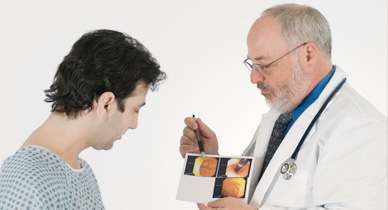 As previously mentioned, the disease can go unnoticed for a long time. However, occasionally, the pouches that are typical for this illness can herniate and cause inflammation. In fact, the ‘diverticulitis’ denomination refers to the inflammation of one or more diverticula. Going to the doctor in this case will inevitably lead to further investigations such as colonoscopy or sigmoidoscopy, which are both video diagnostic techniques.
As previously mentioned, the disease can go unnoticed for a long time. However, occasionally, the pouches that are typical for this illness can herniate and cause inflammation. In fact, the ‘diverticulitis’ denomination refers to the inflammation of one or more diverticula. Going to the doctor in this case will inevitably lead to further investigations such as colonoscopy or sigmoidoscopy, which are both video diagnostic techniques.
The specialist thus has the opportunity to visualize the mucous membrane of the colon, revealing whether diverticula are present on this end. These two procedures have to be performed with care, as an ulceration in the intestine can be dangerous and can become more severe on account of a probe. Usually, if diverticula are discovered, excessive pressure is to be avoided, which is why colon cleansing might be off limits for some people.
Risks posed by colon cleansing
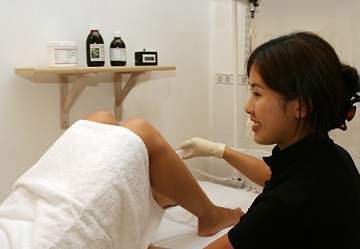 A colonic irrigation is usually performed with the help of a plastic tube that is inserted via the rectum. The substances that go into the intestines can range from plain water to coffee and tea. Both the equipment and the actual liquid can be hurtful for an intestinal surface that is already suffering from an incipient inflammation. While colon cleansing is a good idea if you’re about to undergo surgery or diagnostic procedures, performing colonic irrigations too often can lead to electrolyte imbalance and most of all, intestinal damage.
A colonic irrigation is usually performed with the help of a plastic tube that is inserted via the rectum. The substances that go into the intestines can range from plain water to coffee and tea. Both the equipment and the actual liquid can be hurtful for an intestinal surface that is already suffering from an incipient inflammation. While colon cleansing is a good idea if you’re about to undergo surgery or diagnostic procedures, performing colonic irrigations too often can lead to electrolyte imbalance and most of all, intestinal damage.
Precautions
If you are interested in this practice, the best piece of advice that you can live by is to talk to your physician first. A doctor can tell you just how you’re standing in matters of intestinal health. Following the discussion with a specialist, you may learn whether or not the procedure poses no risk to the integrity of your colon.
Changes on your diet
 Most of the people who want to get rid of toxins are keen on colonic irrigations. It’s worth mentioning that simple steps toward eliminating constipation and having a balanced stool usually involve dietary changes.
Most of the people who want to get rid of toxins are keen on colonic irrigations. It’s worth mentioning that simple steps toward eliminating constipation and having a balanced stool usually involve dietary changes.
Eating many foods rich in fiber is a good idea, as is regular exercise. Generally, it’s best to consume as many greens, nuts, and fruit as possible, as well as whole grain cereals.
Since constipation is an effect of dehydration, it goes without saying that it would be beneficial for you if you drank at least 8 glasses of water in a day.








